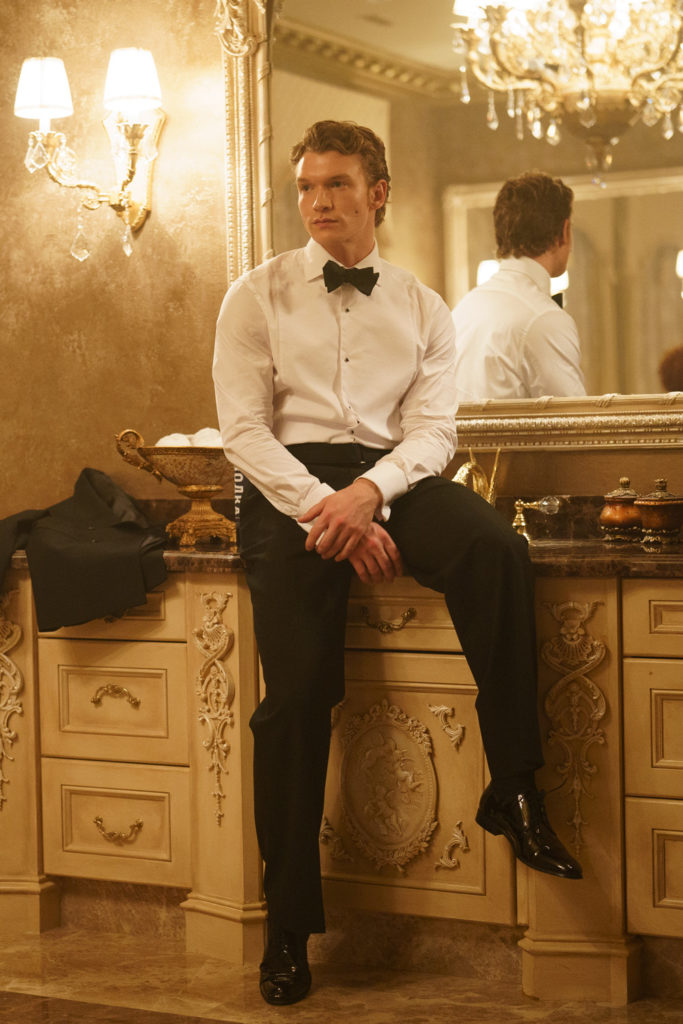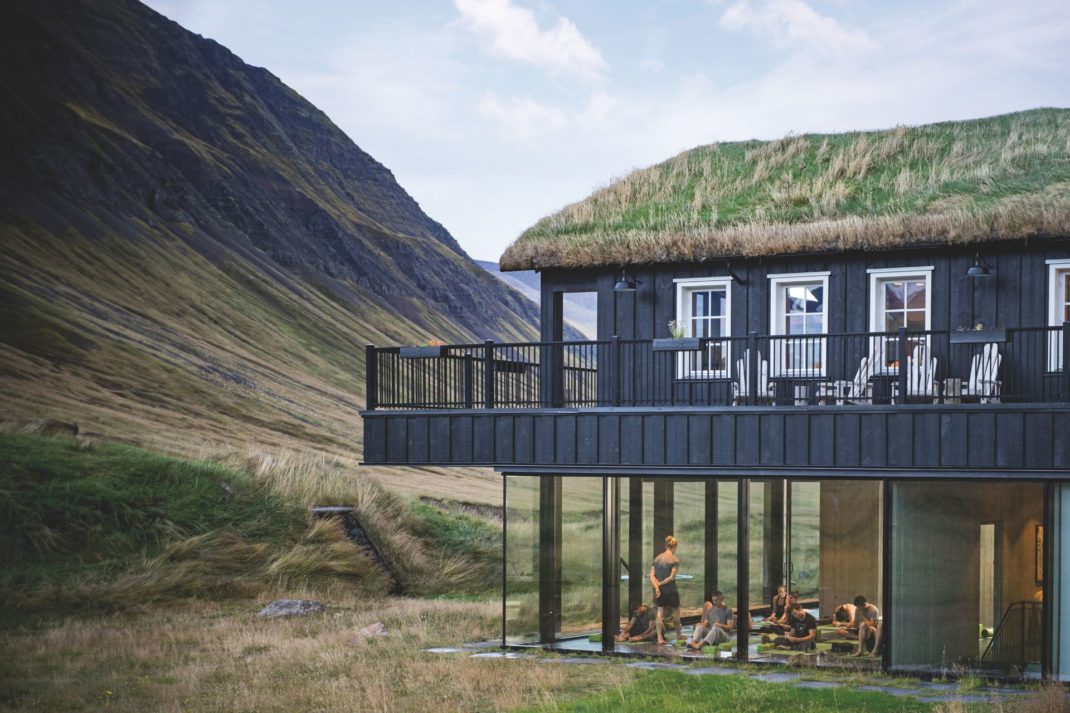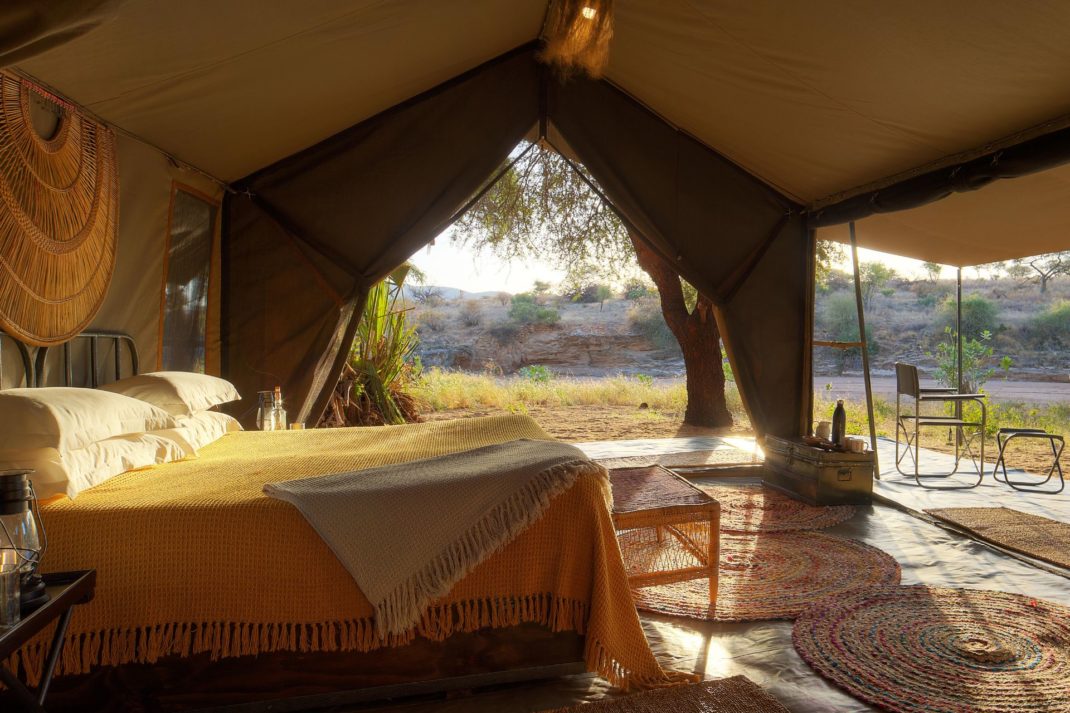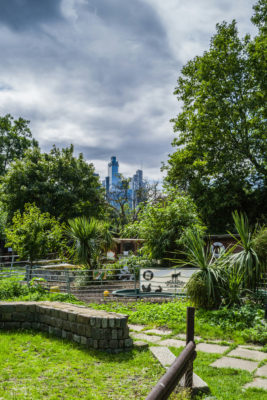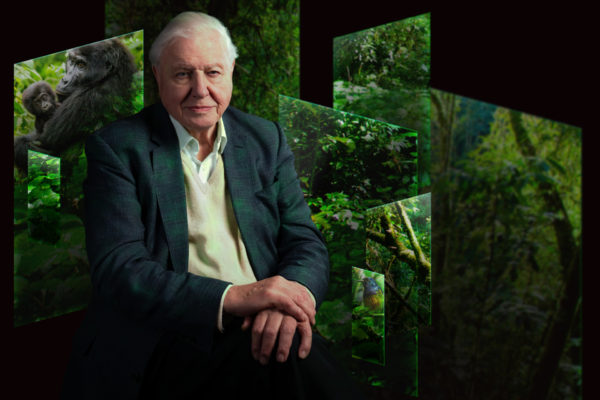Women Are Rewriting The Rules Of Conservation
By
8 months ago
Holly Budge highlights just a few of the extraordinary female rangers across the globe
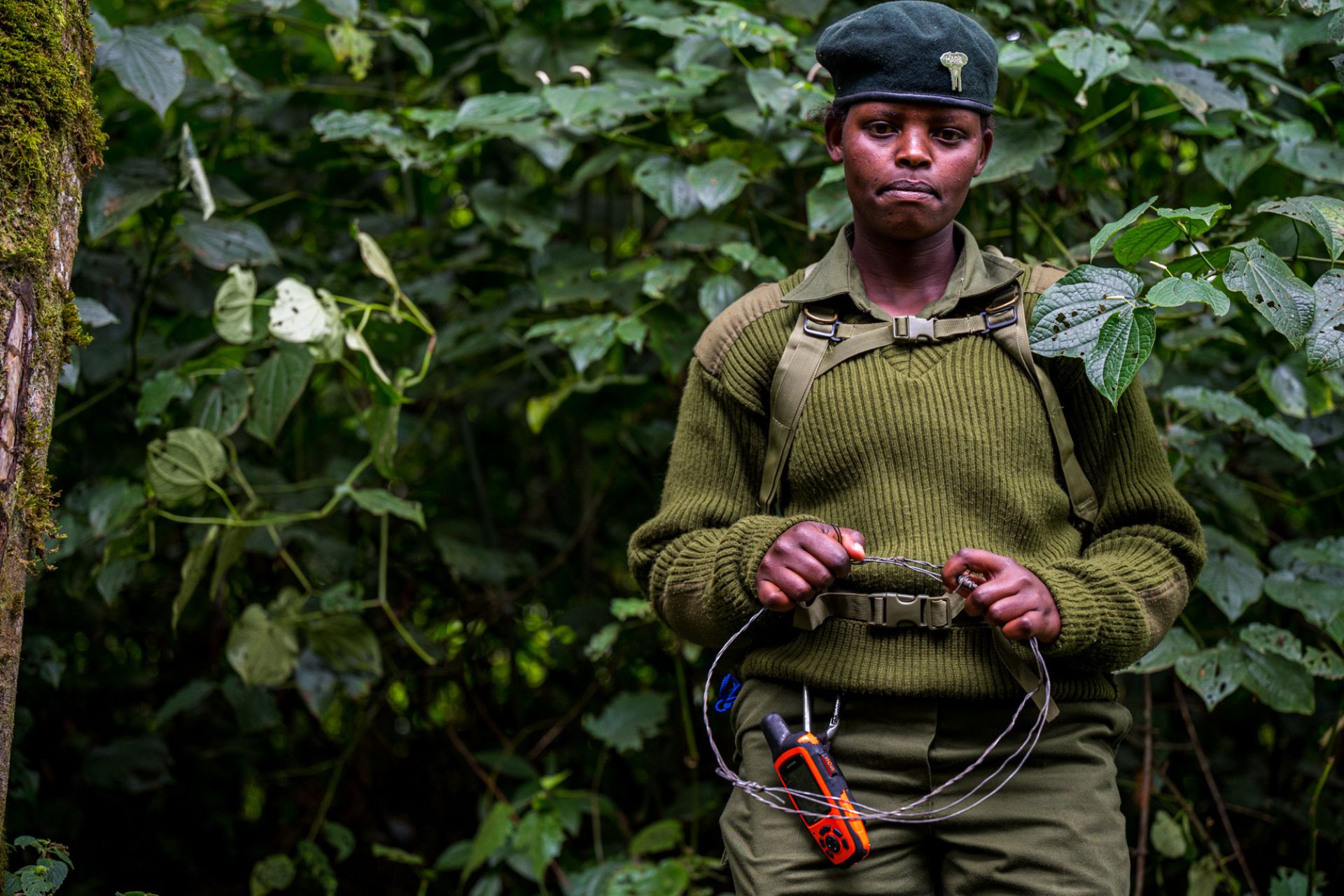
Running from 23–30 June, World Female Ranger Week is a global awareness campaign highlighting the trailblazing women who protect wildlife and wild spaces. Founder Holly Budge tells us the story behind the campaign and gives an insight into her incredible work.
Inside The Female Ranger Movement
Conservation is no longer the preserve of khaki-clad men. Around the world, a growing force of female rangers is stepping into the wild and into leadership roles with courage, compassion, and a strong sense of purpose. These women are not only protecting endangered species and critical habitats; they’re shifting deeply embedded cultural norms and reshaping the future of conservation. But with fewer than 11 percent of the world’s rangers being women, there’s still work to be done.
Over the past decade, I’ve spent time on the front line alongside many of these remarkable women: patrolling with armed female rangers in Zimbabwe, setting up ambushes in Ecuador, delivering talks to government rangers in Australia, and arresting poachers in Kenya. I’ve witnessed firsthand the impact female rangers are having, not only on the ground but in their communities, too. UN research shows that women reinvest up to 80 percent of their income back into their families, so empowering women in conservation has a profound ripple effect, driving education, health and stability across the board.
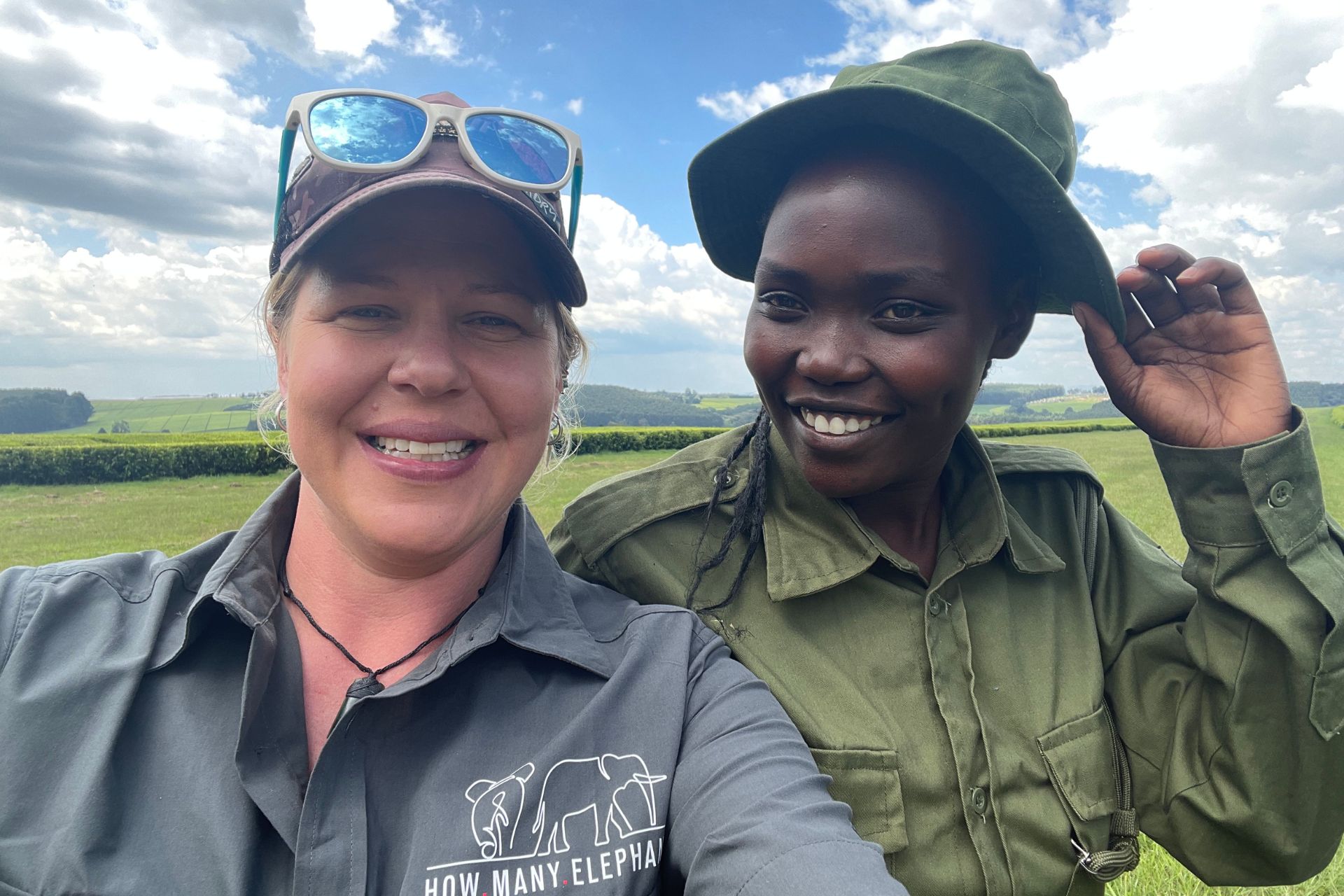
Holly in Kenya with Mara Elephant Project
I founded World Female Ranger Week to find, connect and amplify the voices of female rangers on a global stage. Why? Because they’re changing the game and paving the way for women to stand alongside men at the forefront of conservation – but they need allies.
It’s evident why the female ranger movement is picking up such momentum. Women are proving to be highly successful at easing local tension and strengthening relationships within communities. Through World Female Ranger Week and my UK Charity, How Many Elephants, I’m working with over 5500 female rangers globally, collating gender-specific data to identify their needs and find tangible solutions.
Even though many of the female rangers I work with are on opposite sides of the globe, they face similar challenges, including social stigma, workplace insecurity, extreme isolation, and limited access to equipment. Their strength and determination in the face of these obstacles is what make them true leaders in conservation. Here are just a few of the women rising to meet some of the planet’s most urgent environmental challenges.
Breaking Cultural Norms: A Maasai Woman Leads The Charge
As a Maasai woman leading a ranger team in one of Kenya’s most threatened forest ecosystems, Purity Masuntu is not only breaking gender barriers; she’s breaking cultural ones. The ranger profession remains deeply male-dominated, and even more so within traditional Maasai communities. Her rise to Corporal within the Mara Elephant Project marks a profound shift in what’s possible.
Purity grew up trailing livestock with her brothers along the edges of Loita Forest. What began as a childhood connection to nature became a lifelong calling. After joining the Mara Elephant Project, she earned her drone pilot’s license and now leads the Bravo ranger team, protecting her ancestral land from illegal logging and encroachment.
‘I’m so proud to be a ranger,’ she says. ‘Now I can support my family to protect what I feared might disappear.’ But leadership doesn’t come without sacrifice. Purity is a mother of young children, and balancing her role as a ranger with time away from her family is one of the hardest parts of the job.
‘It’s not easy being away,’ she admits, ‘but I want my children to grow up knowing that their mum is doing something important.’
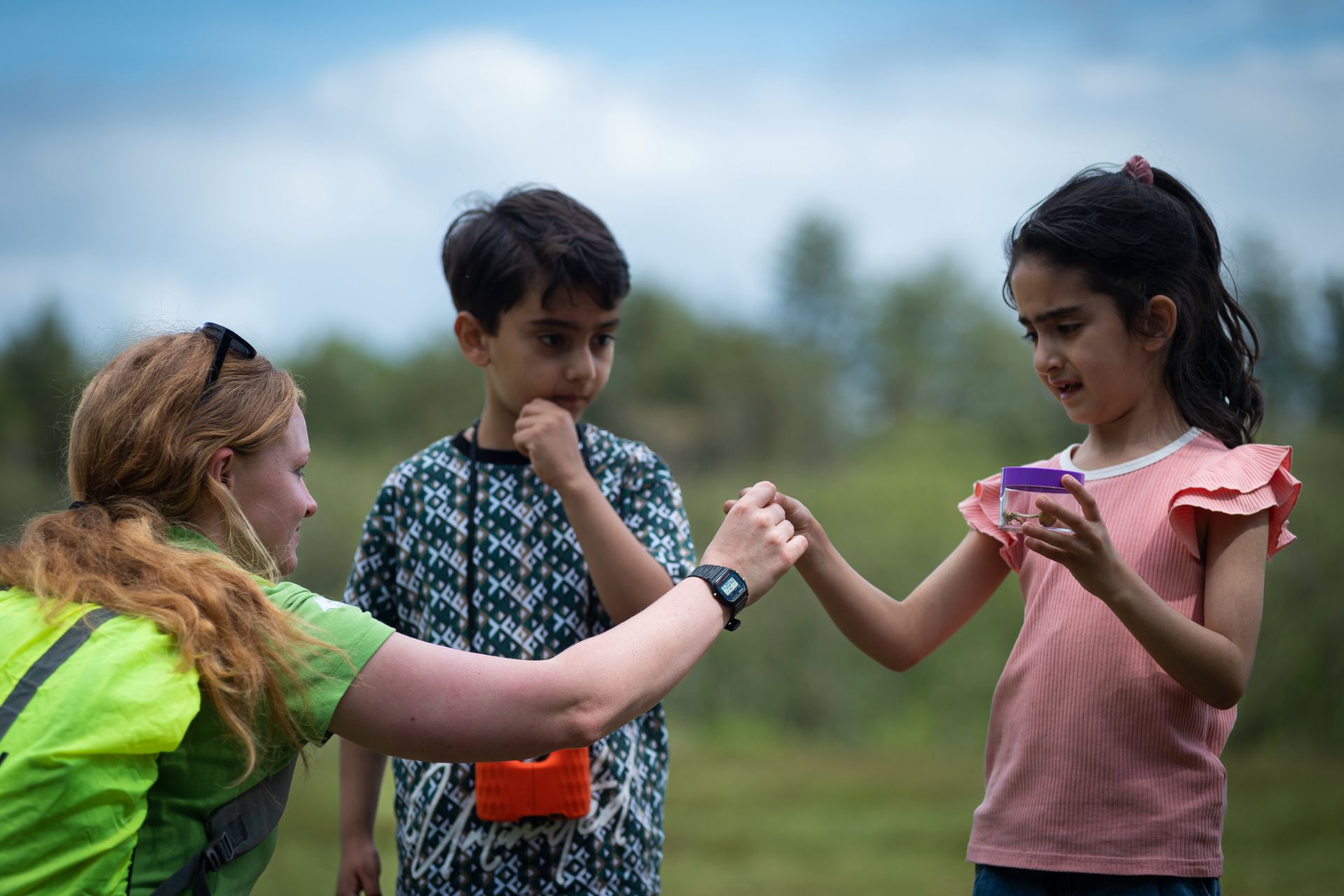
Hayden in the New Forest
Redefining Who Gets To Wear the Uniform
In the heart of Hampshire’s New Forest in the UK, Hayden Bridgeman is challenging another stereotype: what a ranger is supposed to look like. ‘People often say, “You don’t look like a ranger,”‘ she laughs, and for her, that’s the point. As part of a team that’s now 75 percent female, Hayden is championing a more inclusive vision of conservation. Her passion lies in connecting people to nature, especially those who’ve felt excluded from green spaces.
‘People protect what they understand,’ she says. ‘And we’re most powerful when we protect it together.’
Extreme Isolation In Remote Australia
Niamh Douglas often works hundreds of kilometres from anywhere, completely alone. As a Bounceback Ecologist in South Australia, she’s doing the work she loves, but the isolation is real.
‘It’s a huge privilege, but it’s also a sacrifice,’ she reflects. ‘Being away from friends and family for so long isn’t easy.’ Niamh has spent her entire ranger career working remotely, often without access to reliable communications.
‘I recently spent a month living and working solo in northern South Australia,’ she says. ‘That would be challenging for anyone, I reckon, but as a woman in my late twenties, it forced me to think differently about my own safety. It’s something I’m incredibly proud of.’ With no female mentors early on, and just two other women in operational roles, Niamh co-founded a regional women’s network that has since grown into a vital support system.
‘Creating a space to talk openly and lift each other up makes all the difference.’
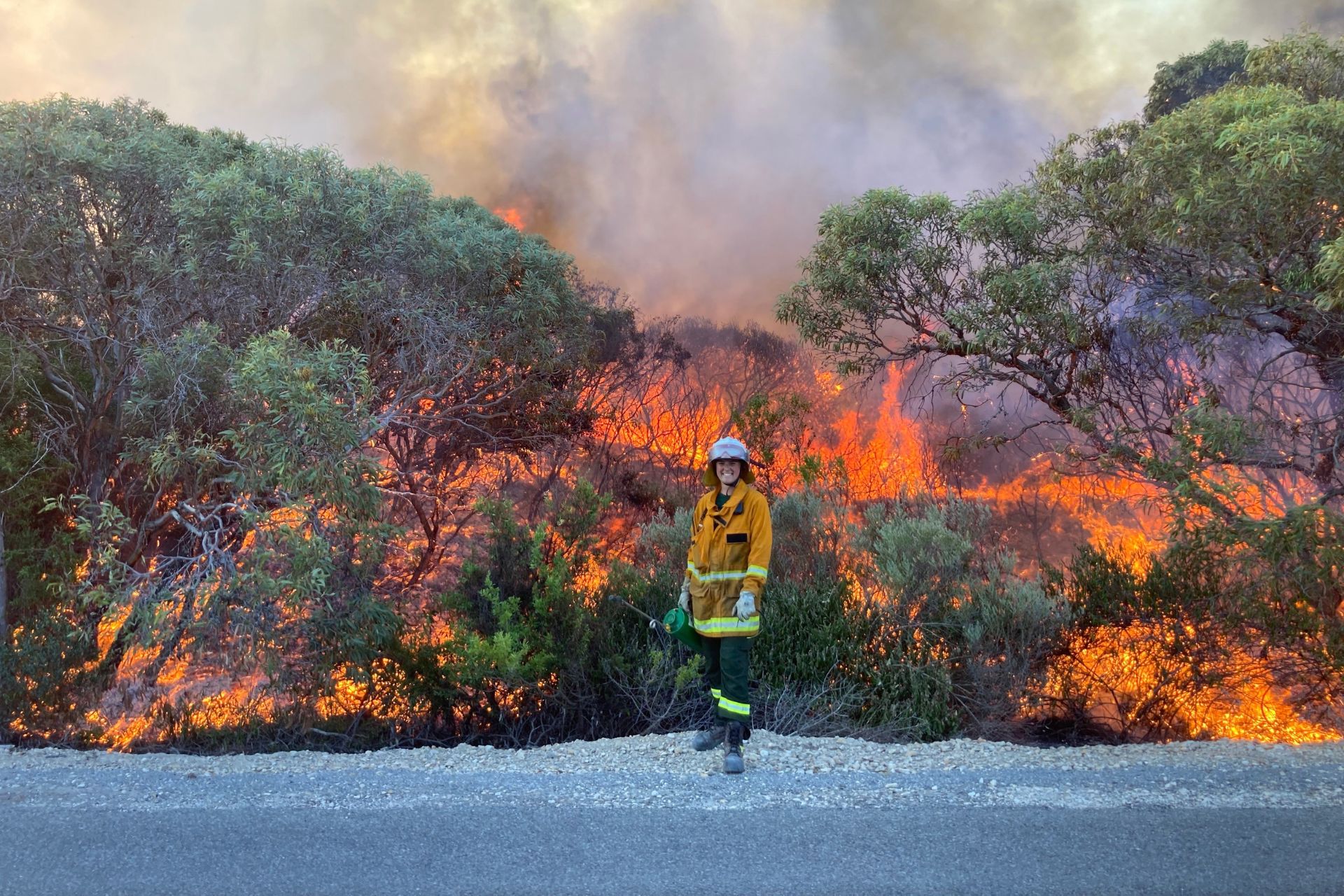
Niamh in Australia
Paving The Way: Pakistan’s First Ever Female Ranger
As the first female ranger in Pakistan’s Khyber Pakhtunkhwa province, Hassena Anbarin is a true pioneer. Her father sparked her love of forestry; however, her path hasn’t been easy. Initially discouraged from entering the field, she persisted, earning her forestry degree and proving that women not only belong in conservation but they excel at it. Her work now spans everything from patrolling remote mountain forests to mentoring school girls.
‘When young girls tell me they didn’t know this job existed for them,’ she says, ‘I know I’m doing something that matters.’
Many of these inspirational women have overcome adversity and marginalisation. Becoming a ranger has empowered them, turning some into breadwinners and property owners, and has provided them with access to higher education and much-needed healthcare. Their often-challenging work on the front line, defending wildlife and protecting wild spaces, is making a real difference.
This World Female Ranger Week, I invite you to celebrate them and support their work because when women rise, the world rises with them.
GET INVOLVED
World Female Ranger Week runs from 23–30 June. There are many ways you can get involved, from advocacy to making a donation. Visit worldfemalerangerweek.org for more information.
Holly leads unique and transformative travel experiences that allow you to make a positive difference and meet female rangers, including Purity at the Mara Elephant Project in Kenya. Read more at wildlifepositivetravel.com


